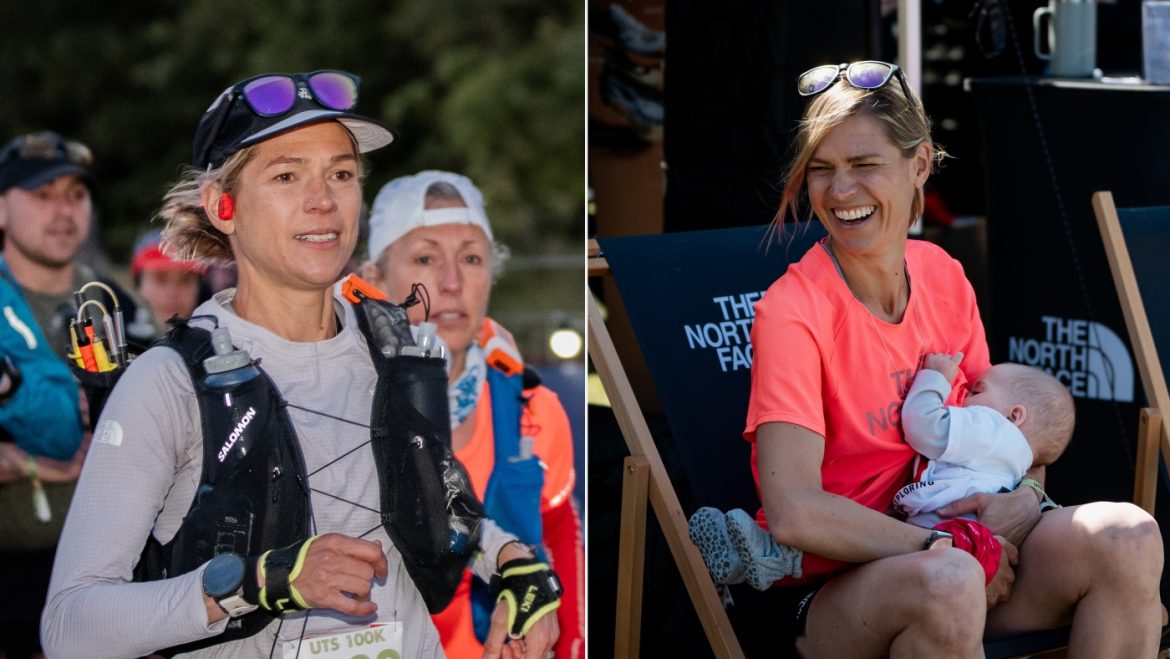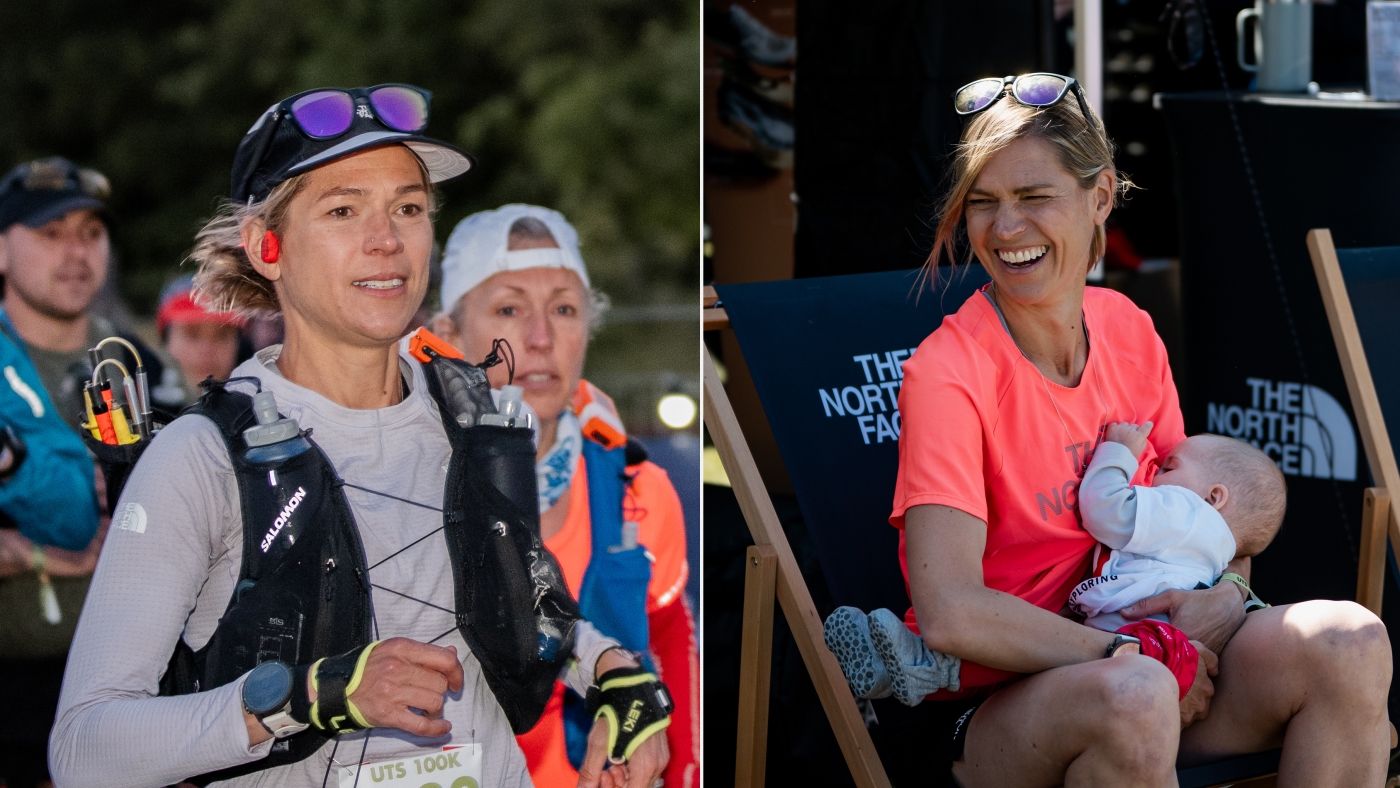Stephanie Case’s extraordinary achievement in winning a demanding ultramarathon race while breastfeeding her six-month-old baby reshapes conventional ideas about endurance sports and motherhood. Her story highlights the remarkable intersection of physical stamina, maternal commitment, and breaking societal norms, offering profound insights into human capability and the multifaceted identities of female athletes.
The Ultramarathon Challenge and Maternal Commitment
Stephanie Case competed in the Ultra-Trail Snowdonia, a grueling 100-kilometer (approximately 62 miles) race across difficult Welsh terrain. Unlike many elite runners who often receive preferential starting positions or bibs, Case began her race without an elite bib and started some 30 minutes behind the lead runners. Despite this disadvantage, she persisted and ultimately won the event.
What sets Case’s effort apart is her role as a mother who breastfed her daughter Pepper three times during the course of the race—specifically at the 20K, 50K, and 80K checkpoints. This act wasn’t merely a practical stop; it was a physical and emotional interaction that infused her journey with palpable human connection and joy, emphasizing her dual identity as a competitor and a nurturing parent.
Redefining Motherhood in Extreme Athleticism
Case’s victory challenges the deeply entrenched stereotype that motherhood and elite athletics are mutually exclusive realms. Her ability to manage the competing demands of feeding a young infant while pushing her physical limits across rugged mountainous terrain demonstrates a seamless integration of these roles. Rather than sidelining her maternal responsibilities, she incorporated them into her athletic pursuit.
Her daughter Pepper was described as “psychotically happy” at the aid stations, illustrating that despite the intense environment and physical exertion, maternal bonding continued to be central. This narrative brings to light the nuances of postpartum athleticism and the realities of mothers who train and compete without compromising childcare.
The Physical Resilience and Mental Clarity of a New Mom Athlete
The ultramarathon’s extreme demands—endurance, mental toughness, and physical resilience—magnify the achievement of competing shortly after childbirth. Completing such a race six months postpartum exemplifies an exceptional level of recovery and discipline. Case’s background as a human rights lawyer further enriches this narrative, underscoring her multifaceted identity beyond athletics and motherhood.
Rather than racing for a comeback or to demonstrate superiority, Case’s motivation was centered around “chasing clarity.” This framing reframes the purpose of competition beyond conventional metrics to a more personal, perhaps spiritual quest, where motherhood and athleticism intersect in a quest for self-realization and balance.
Practical Implications and Inspiration for Female Athletes
Stephanie Case’s story is not only inspirational but also carries practical significance. Her achievement may encourage race organizers to reconsider rules and environments that support—or fail to support—competing mothers. It exposes the need for more flexible structures accommodating breastfeeding and childcare without penalizing or excluding women athletes.
Moreover, her experience can motivate postpartum women to envision their athletic identities differently. Breastfeeding need not be viewed as an obstacle but as an intrinsic part of an athlete’s experience during competition. This narrative promotes a broader dialogue about inclusivity, support systems, and the expanding definitions of athletic excellence.
Conclusion: A Transformative Example of Human Endurance and Motherhood
Stephanie Case’s ultramarathon victory while breastfeeding her six-month-old is a transformative milestone. It transcends sports records and medals, illustrating the powerful balance between nurturing a child and pursuing fierce personal goals. Her journey enriches our understanding of endurance, resilience, and the female athlete’s evolving identity — a vivid reminder that extraordinary strength often lies in embracing all aspects of oneself simultaneously. This story resonates beyond athletics, inspiring a reimagined conversation on what it means to push limits while honoring the profound responsibilities of motherhood.


